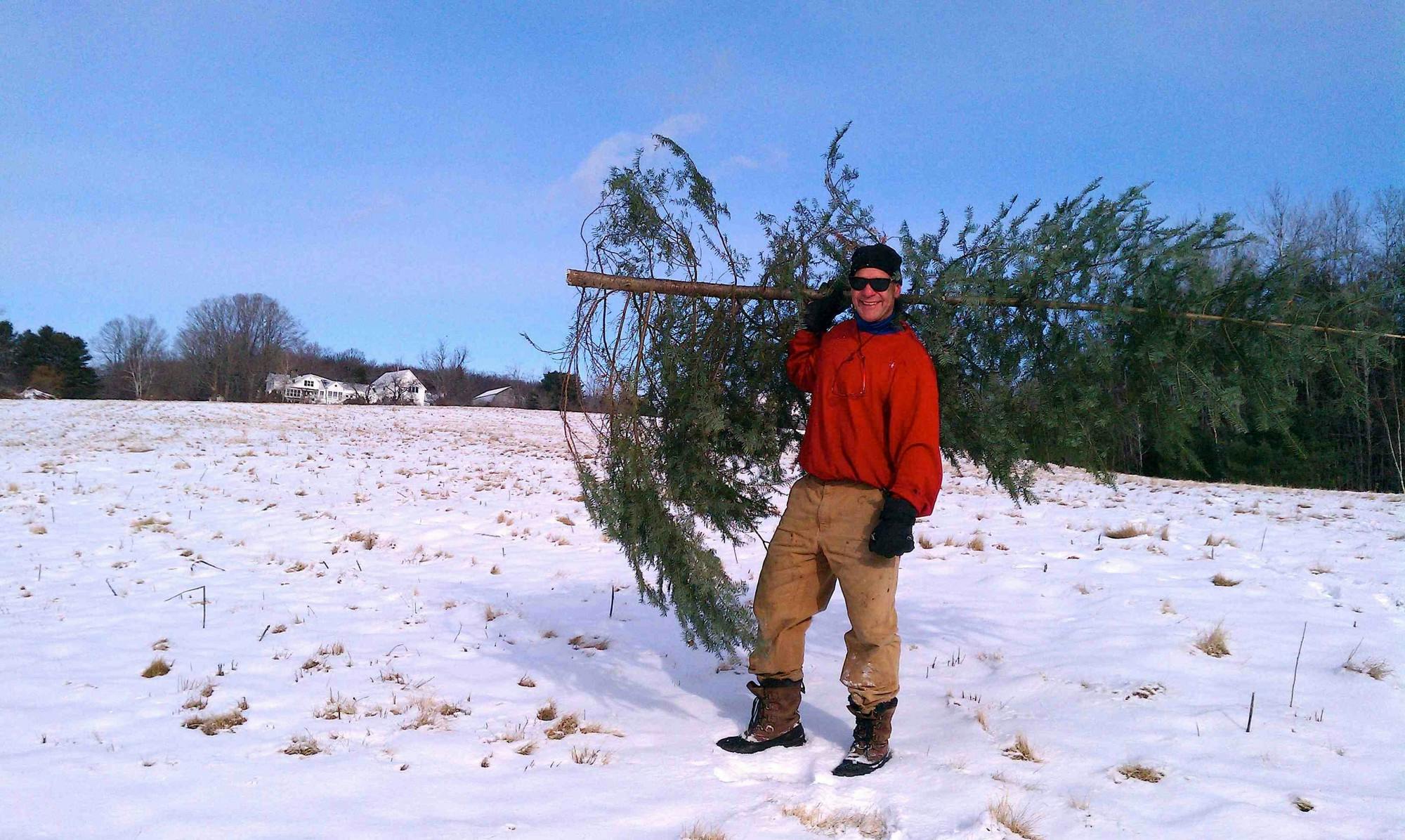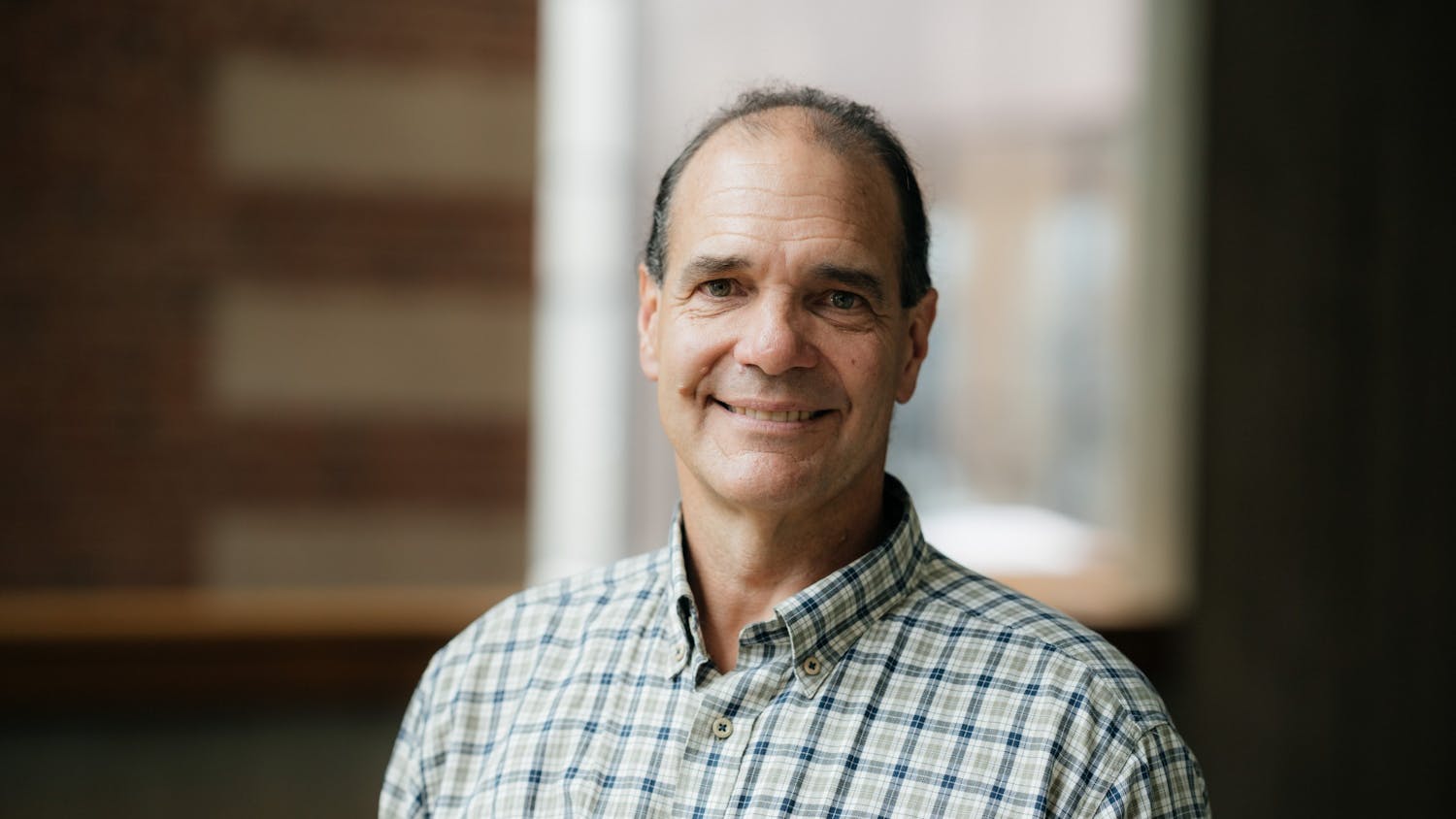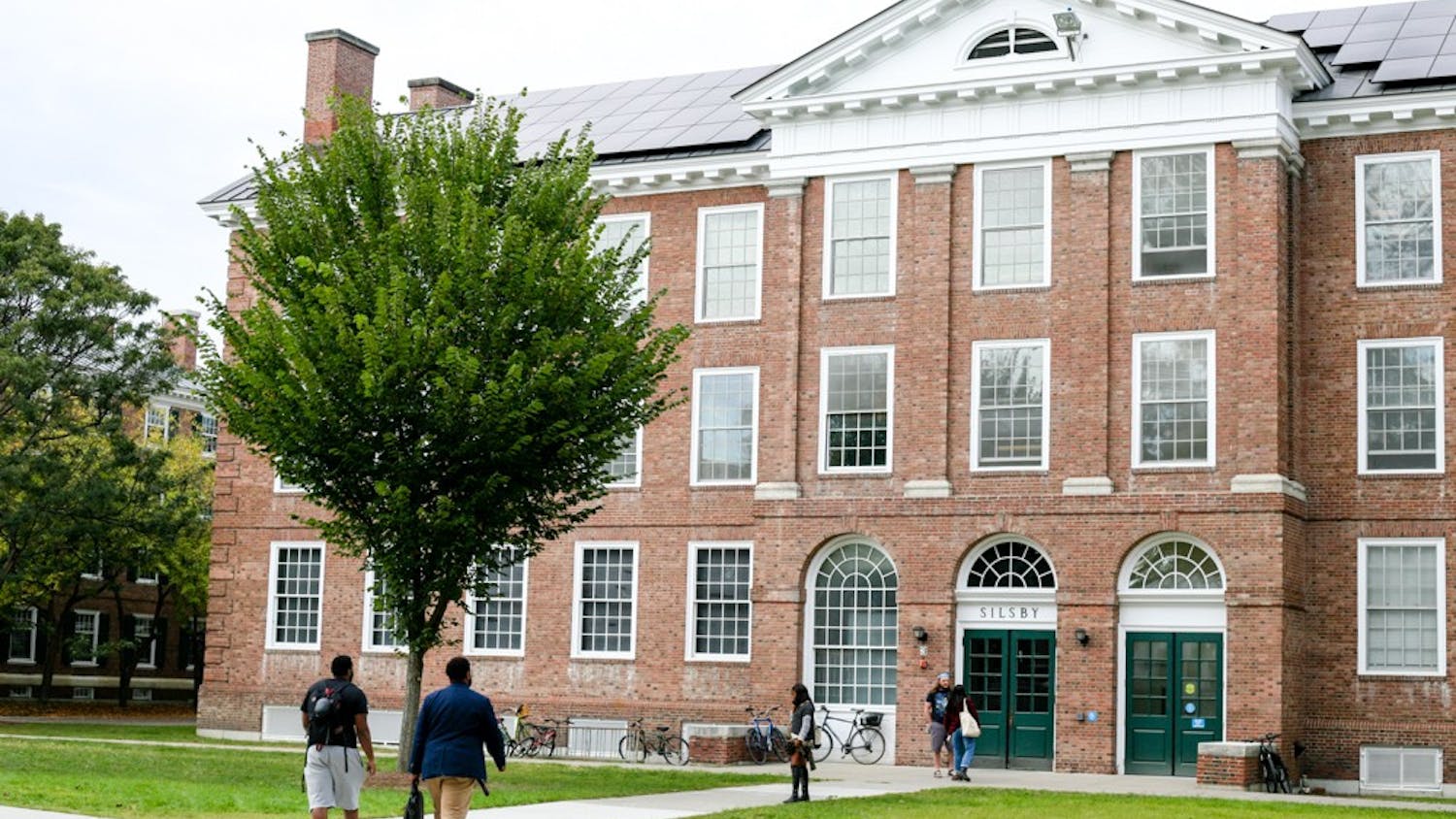A thoughtful teacher known for his welcoming presence and community-based, experiential courses, Terry Osborne inspired his students to connect with their local communities. Osborne, who served as a senior lecturer at the Institute for Writing and Rhetoric and the environmental studies program, died of cancer on Sept. 7 at the age of 60.
“He always knew the right greeting to have within the first 10 seconds of walking into a room,” said Josh Calianos ’22, who once had Osborne as a professor. “It was almost a supernatural talent. He was able to look at someone, size them up and give them the variation on ‘hello’ that would be the most welcoming.”
While at Dartmouth, Osborne worked to offer opportunities for experiential learning and community engagement in his classes and departments.
“Osborne pioneered the experiential learning [at Dartmouth],” English and writing professor James Dobson said, noting Osborne’s ability to bring learning outside the typical classroom setting. “He encouraged people to find ways of seeing the larger space that we’re occupying as a classroom.”
Outside the classroom, Osborne enjoyed getting out in nature, whether that be “birding, sitting in silence watching the sun rise or set, laughing with friends over a game of ping pong or croquet, skating on their pond, tending a vegetable garden [or] reading on his deck,” his wife Mary Kay “MK” Beach ’76 Tu’79 wrote.
While living in a farmhouse in Vermont, he loved “making maple syrup in the sugar house with people stopping by when they saw that the fire was lit and the sap was boiling,” she added.
Osborne died at the Jack Byrne Center for Palliative and Hospice Care after a year-long battle with cancer. He is survived by his wife, his sons Carry and Jacob Osborne, and his step-children Max and Hillary Beach ’09. A virtual remembrance was held by the environmental studies program on Sept. 24.
Osborne grew up in Lake Forest, Illinois. After receiving his undergraduate degree at Princeton University and his master’s degree in English and American literature at the University of Chicago, Osborne came to Dartmouth in 1986 and became a faculty member.
“Terry arrived in the Upper Valley in 1986 and basically walked into the English/Writing department and asked them if they needed a tutor or a teacher,” Beach wrote. “They said ‘yes,’ and he had been a member of the Dartmouth faculty ever since.”
Osborne first taught in the English department for more than a decade before he started offering classes in the environmental studies program. Lou Moore Selchau-Hansen ’98, who took her first-year writing class with Osborne, said she was impressed by the assigned readings, the creative writing prompts and Osborne’s engaging teaching, which ultimately convinced her to stay at Dartmouth instead of transferring to another university.
“As the first quarter went by and the leaves started to change, I felt more and more like I might stick it out at Dartmouth, if only to take more classes with Terry Osborne,” Selchau-Hansen wrote in an email. “And I began to realize that the sustaining nature of the kind of intellectual growth he was pushing us toward was part of my marrow, and I Could. Not. Leave.”
Selchau-Hansen wrote that after her first-year writing class, she became a writing tutor and helped edit students’ essays for Osborne’s classes. She noted that she cherished the enthusiasm and warmth that Osborne showed in the small moments encountering when she ran into him at the English department.
“He always seemed to be fully present and authentic, and I think that has inspired me and how I try to be in the world,” she said.
Emilie Linick ’00, who took her first-year seminar with Osborne, described him as both “down to earth” and “extremely humble.”
Osborne began teaching courses in the environmental studies program in 1998. According to Beach, he was mentored and inspired by essayist and environmental studies professor Noel Perrin, who “taught the humanities side of environmental studies.” From 2000 to 2009, Osborne co-taught the interdisciplinary class “Humans in Nature in America” with environmental studies professor Douglas Bolger, who said Osborne introduced a perspective that was complementary to his own scientific background.
“I think he really represented the importance of the arts and humanities in environmental studies,” Bolger said. “And just the way his teaching, his scholarship and the way he lived his life helped to illustrate the importance of those things to environmental studies.”
Osborne was well-known for his community-based teaching. He took students to explore outside of the physical classroom and immerse themselves in their environment.
Linick remembered that during her seminar, Osborne would take the class to “groves of trees and the rushing [Connecticut] River.” Jane Parkin Kullmann ’01, who took ENVS 72, “Nature Writers,” with Osborne, wrote that one class exercise she “vividly recall[s]” was going out into the woods on a snowy winter day and writing about what she felt and saw.
Dobson noted that creating an experiential learning environment in first-year writing courses could be difficult because it requires “so much coordination” at a time when freshmen were transitioning to their college life. Osborne, however “made it work” and created “really great experiences for the students,” he said.
One of Osborne’s most recent experiential learning classes was the first-year seminar ENVS 7.04, “COVER Stories: Community Building and the Environment.” Students in the class not only spent time learning about writing, but also working with a nonprofit home repair organization based in White River Junction that works to improve housing equity in the Upper Valley. Calianos, who took the class, said that through the class he spent time participating in projects in a hands-on way, like spending “a full day building a wheelchair ramp,” or helping to plan larger projects.
“It was such a formative class for me that I planned my D-Plan around to take more classes with [Osborne],” Calianos said. “And it’s one of my biggest regrets that I didn’t take another class with him.”
When asked about his most memorable takeaway from time spent with Osborne, Bolger said Osborne’s sincerity has left a deep impression on many people.
“He viewed everyone with such positive regard and such respect, and I think that’s what most stands out to me, what I’ll most remember about him, what I most admire about him [and] try to emulate,” Bolger said. “And I think that’s why he affected so many students.”




